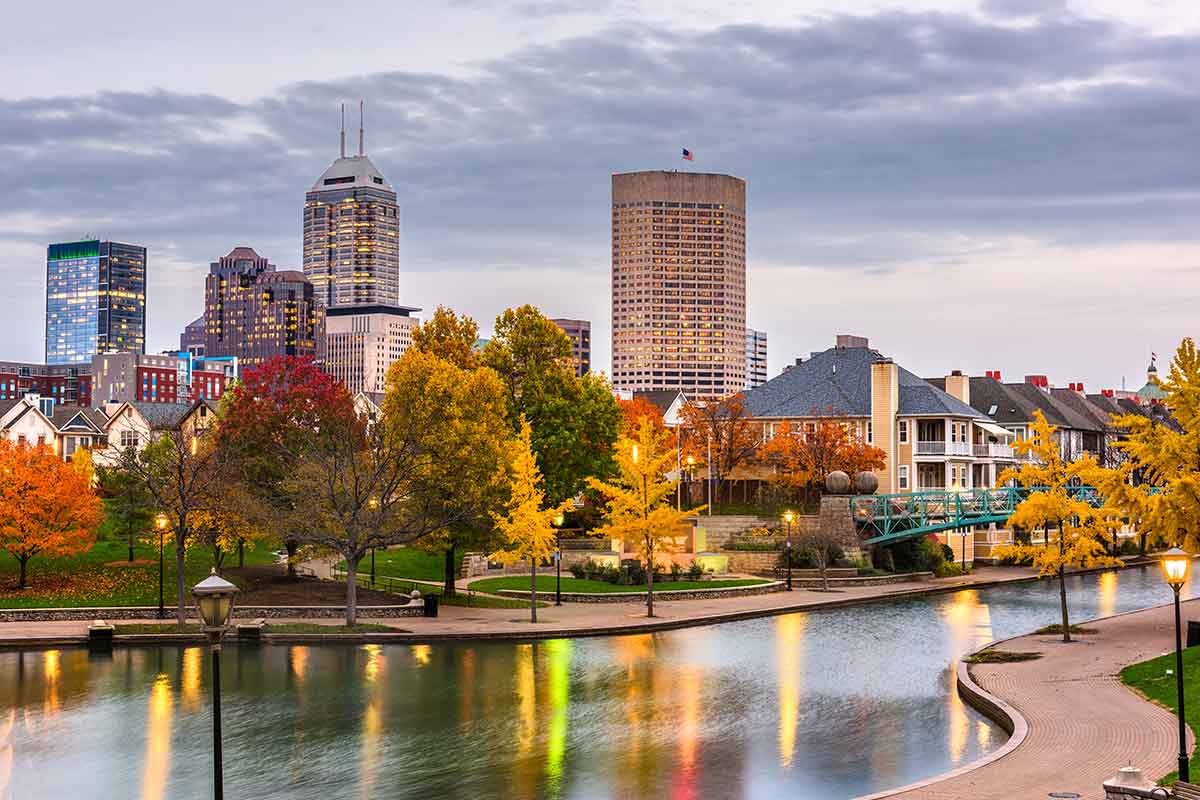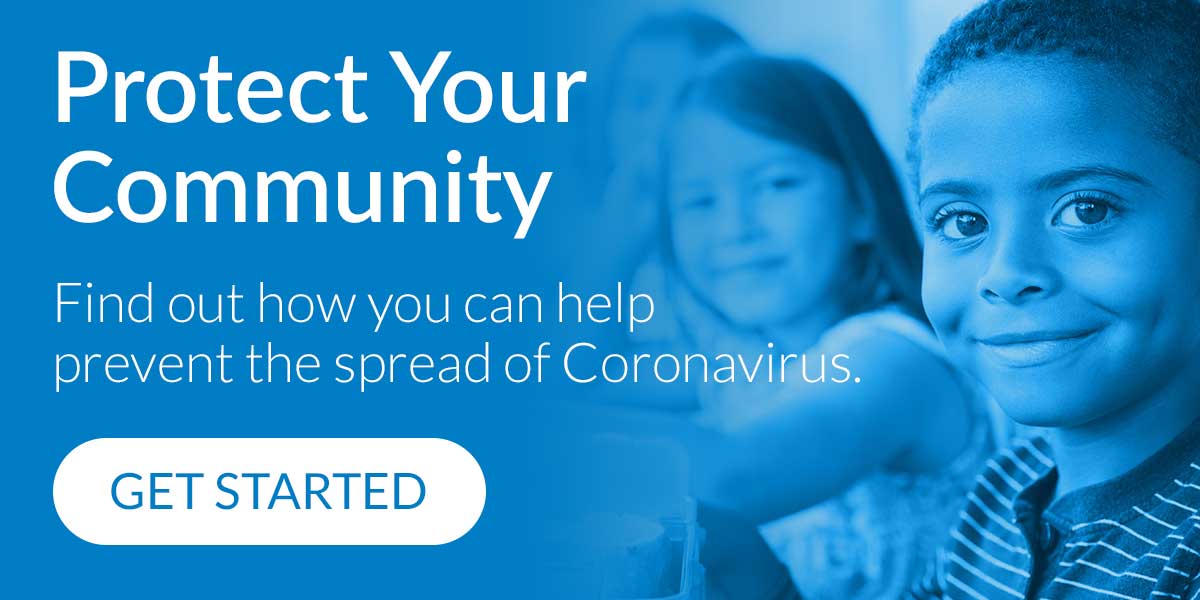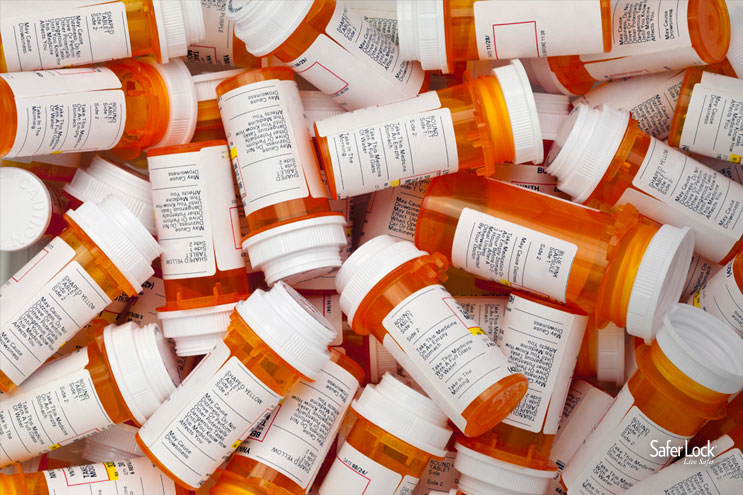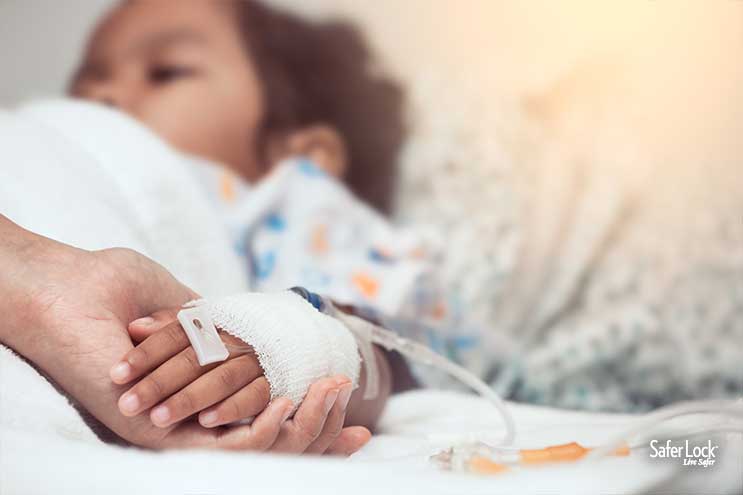The State of Indiana is making substance abuse treatment safer for patients amidst COVID-19 concerns with the help of Gatekeeper Innovation Inc.’s Safer Lock Box.
In Indiana, officials say more than 10,000 patients visit opioid treatment programs each day for opioid recovery and treatment at a designated opioid treatment program.
Many patients require daily visits.
Indiana Uses Safer Lock Box To Prevent Spread Of Coronavirus
The U.S. has been boosting measures to combat coronavirus. As of March 17, 2020, The White House has urged citizens to avoid gatherings of more than 10 people and the government has called for the closures of gyms, bars, restaurants, and other venues in states with local coronavirus transmission.
Indiana is taking steps to protect its residents from the unnecessary risks involved in traveling to a crowded addiction treatment clinic for daily treatment amidst the COVID-19 (coronavirus) pandemic.
Gatekeeper Innovation Inc.’s Safer Lock Box is helping them to do just that.
The Indiana Division of Mental Health and Addiction, in partnership with Overdose Lifeline, is providing take-home Naltrexone kits secured in a Safer Lock Box for opioid treatment programs during the COVID-19 outbreak.
Decreasing the number of patients traveling to and from MAT clinics and the number of people inside a clinic each day helps Indiana slow the spread of coronavirus.
Are Opioid Users At Greater Risk For Infection?
Opioid abuse disorder patients may be at even greater risk for contracting the COVID-19 virus than other segments of the population.
Studies have found that both therapeutic and chronic uses of opioids compromise the optimal functioning of the immune system.
Opioids such as morphine suppress the activity of white blood cells that are important in fighting off infections.
Individuals who chronically abuse opioid drugs are susceptible to infectious diseases and will most likely experience respiratory infections like colds and influenza, due to the drugs inhibiting respiration and suppressing the immune system.
Medication-Assisted Treatment Works, But Not Without Risk
Medication-assisted treatment (MAT) combines the use of medications in combination with counseling and behavioral therapies.
MAT is evidence-based and recommended by The American Academy of Addiction Psychiatry, American Medical Association, The National Institute on Drug Abuse, Substance Abuse and Mental Health Services Administration, National Institute on Alcohol Abuse and Alcoholism, Centers for Disease Control and Prevention, and other agencies as a first-line treatment for opioid abuse disorder.
The FDA has approved three drugs for use in MAT: methadone, naltrexone, and buprenorphine.
Methadone and buprenorphine can decrease withdrawal symptoms and cravings by acting on the same targets in the brain as other opioids, but without the resulting “high”. Naltrexone is used to treat opioid overdose.
These medicines restore balance to the parts of the brain affected by addiction, allowing the brain to heal while the patient is working through recovery.
Unfortunately, these medications are very powerful. And, in the wrong hands, very dangerous.
Opiate treatment medications are intended for adult consumption only and generally are never prescribed to children because they can be deadly.
But an increase in MAT medications in the home in recent years has led to an increase in accidental child poisonings, as well.
Between 2007 and 2016, US poison control centers reported that 11,275 children and adolescents had been accidentally exposed to buprenorphine. Eleven of the children died, according to a report compiled by the journal Pediatrics (June 2018).
Safer Lock Boxes Secure Medications To Keep People Safe
As Indiana makes moves to prevent its citizens from unnecessary COVID-19 risk, it is also protecting opioid treatment program patients from the risks of bringing powerful medications into the home, as well.
By providing powerful treatment and overdose treatment medications such as naltrexone and methadone secured in a Safer Lock Box, Indiana is ensuring the safety and wellbeing of patients.
The Safer Lock Box works by securing medications with a 4-digit combination lock with over 10,000 possible combinations that can be set by the patient.
The Safer Lock Boxes comply with Indiana’s state code for self-administered medications and were funded using state targeted response funds provided by the federal government.
To find out more about Gatekeeper Innovation’s Safer Lock Box and how locking medicine storage can protect your community, contact Keith Degner. To learn more about the program, please read the Program Details.




